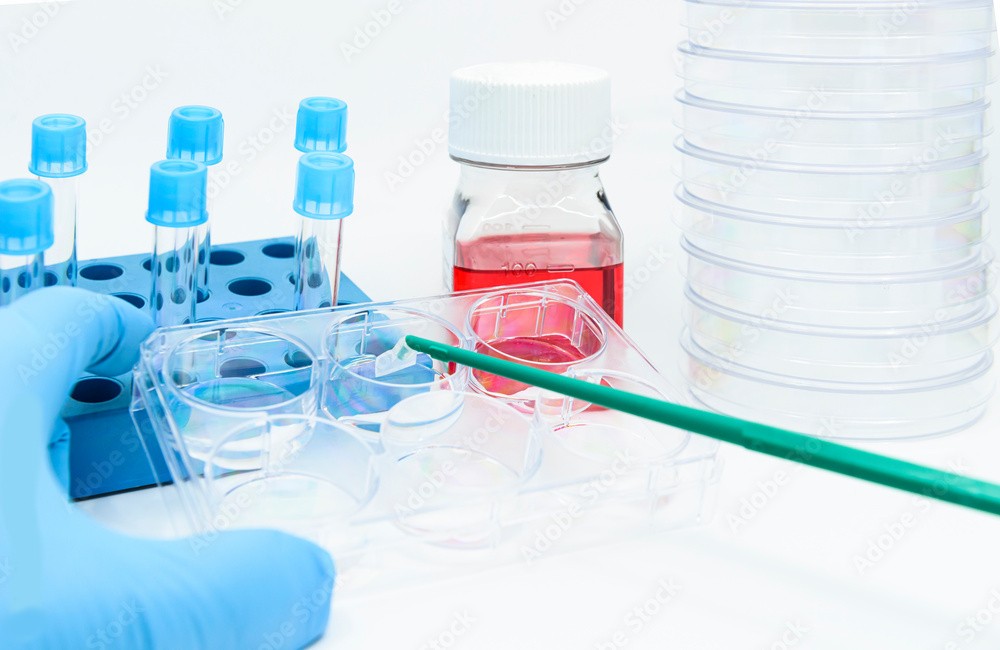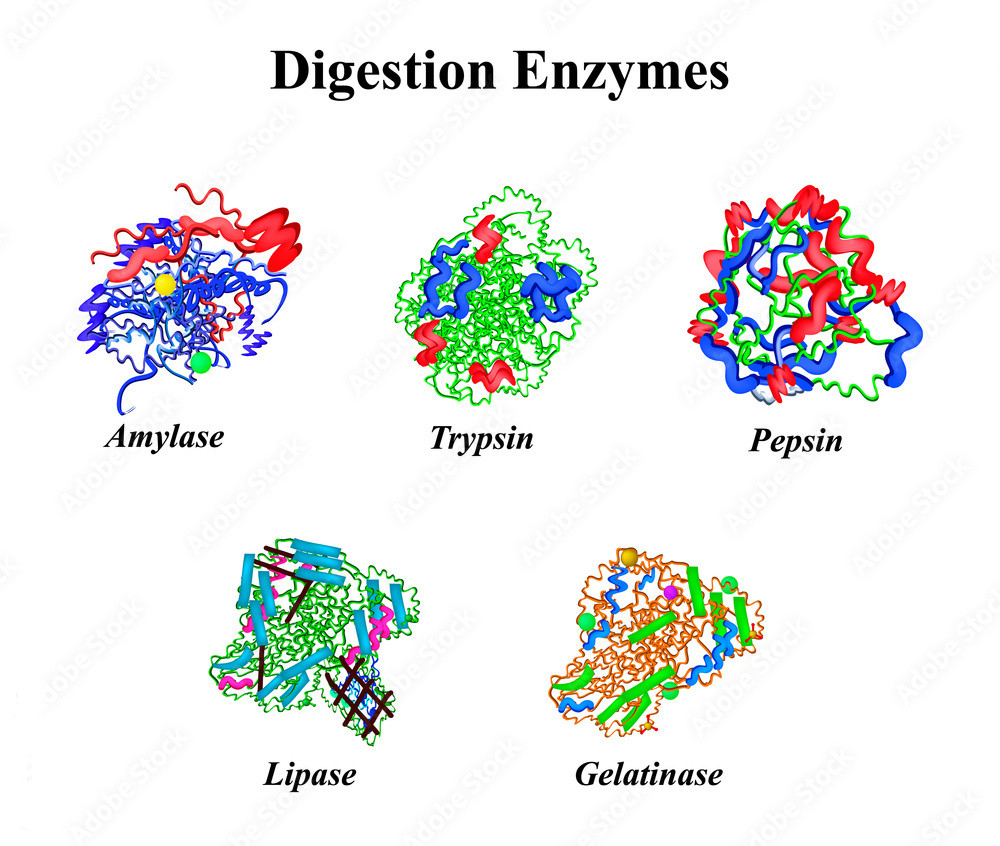
Trypsin
Trypsin is present in many organisms, ranging from bacteria to mammals, and is produced in the form of trypsinogen and it is enzymatically converted into the active form of the enzyme, trypsin.
Today, trypsin is produced globally in both recombinant and non-recombinant forms, and it has numerous applications in diagnostic, research, and pharmaceutical purposes. Among the primary applications of recombinant trypsin in cell culture, it can be used for isolating precursor cells for biological research, the production of various drugs and treatments, as well as regenerative medicine. yields highly pure and consistent trypsin, free from contaminants often found in animal-derived trypsin.
Among its other pharmaceutical industry-related applications, it is used in the processing of precursor recombinant insulin into mature insulin, where the significant cost of trypsin contributes to the high price of the consumed trypsin in the production of this drug.
The field of proteomics, which seeks to understand the entire set of proteins within an organism, has witnessed a remarkable advancement with the introduction of recombinant trypsin. This biotechnological marvel has not only simplified protein analysis but also overcome many limitations associated with traditional trypsin isolation.
Traditional trypsin extraction involved isolating the enzyme from animal sources, primarily the pancreas. This process was labor-intensive, expensive, and often resulted in batches of trypsin with varying purity and activity levels. Recombinant trypsin emerged as a solution to these challenges.
Recombinant trypsin is produced through genetic engineering and protein engineering. The gene responsible for trypsin production is inserted into a host organism, such as bacteria or yeast, then the variant of that strain produces the trypsin enzyme. This approach yields highly pure and consistent trypsin, free from contaminants often found in animal-derived trypsin.
Traditional trypsin extraction involved isolating the enzyme from animal sources, primarily the pancreas. This process was labor-intensive, expensive, and often resulted in batches of trypsin with varying purity and activity levels. Recombinant trypsin emerged as a solution to these challenges.
Recombinant trypsin is produced through genetic engineering and protein engineering. The gene responsible for trypsin production is inserted into a host organism, such as bacteria or yeast, then the variant of that strain produces the trypsin enzyme. This approach yields highly pure and consistent trypsin, free from contaminants often found in animal-derived trypsin.
Advantages of Recombinant Trypsin
Purity and Consistency:
Recombinant trypsin offers unparalleled purity and consistency. Every batch is virtually identical in terms of activity, eliminating the batch-to-batch variability common with animal-derived trypsin.
Cost-Efficiency:
The production of recombinant trypsin can be scaled up more easily than traditional methods, resulting in cost savings.
Reduced Contamination Risk
Animal-derived trypsin can carry contaminants, including viruses and prions. Recombinant trypsin eliminates these concerns, making it a safer option for laboratory use.
Customization:
Researchers can engineer recombinant trypsin variants with specific properties, such as increased stability or altered cleavage specificity, to suit their experimental needs.

KaraGene has taken the first step in Iran to produce recombinant trypsin and is currently the sole producer of recombinant trypsin in Iran.
